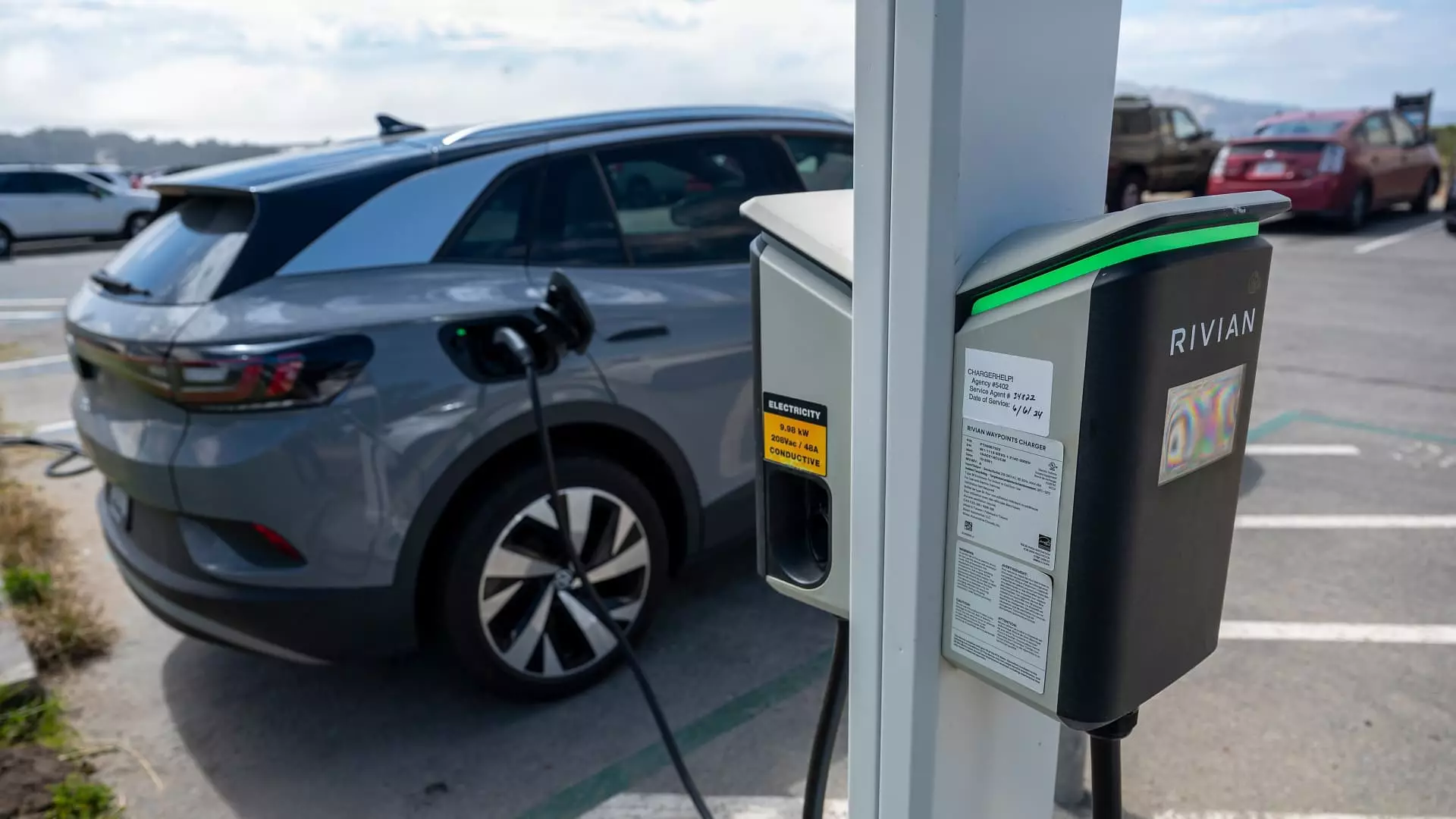Electric vehicles (EVs) have been touted as a more cost-efficient option for consumers compared to traditional gasoline-powered cars. While initial purchase prices may be higher for EVs, the long-term savings on fuel and maintenance costs make them a potentially cheaper choice over the lifetime of the vehicle. However, various factors such as the EV model, location of the buyer, and charging habits can impact the total cost comparison between EVs and gasoline cars.
According to research, EVs are projected to reach cost parity with gasoline cars as battery prices continue to decrease. The average price of a new EV in June 2024 was around $56,000, compared to $49,000 for a gas-powered vehicle. Although there is still a financial gap, it is progressively narrowing due to price reductions by car manufacturers and government incentives such as a $7,500 tax credit for qualifying EV buyers. States and utilities may also offer additional tax breaks to offset the cost of purchasing an EV and installing charging infrastructure.
While some smaller EVs are already breaking even in terms of cost compared to gas cars, the majority of buyers still face an EV premium. However, owning an EV can result in saving between $6,000 to $12,000 over the vehicle’s lifespan, as indicated by a study published by Consumer Reports in 2023. The reduced need for repairs and maintenance, along with cheaper refueling costs due to higher energy efficiency, contribute to the long-term financial benefits of owning an EV.
The comparative cost savings between EVs and gasoline cars vary significantly based on the location of the buyer. Regional differences in electricity and gasoline prices can influence the total lifetime cost of an EV. Factors such as access to home charging, lower residential electricity prices during off-peak hours, and higher public charging costs can impact the financial feasibility of owning an EV. Areas with low gas prices might find it more challenging for EVs to break even financially.
EVs offer the potential for cost savings over traditional gasoline cars in the long run, particularly as battery prices decline and incentives are provided to buyers. The decision to opt for an EV depends on individual circumstances such as charging habits, geographical location, and access to incentives. While smaller and low-range EVs typically have a more affordable total cost of ownership compared to gas vehicles across different cities, longer-range EVs may require further cost reductions to enhance their cost competitiveness. As the EV market continues to evolve and technology advances, the financial benefits of owning an EV are expected to become more prominent, making them a viable and cost-effective alternative to traditional vehicles.

